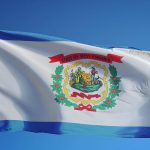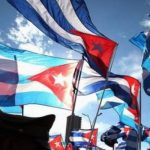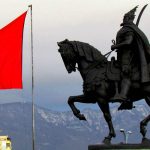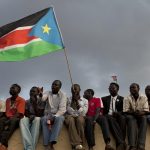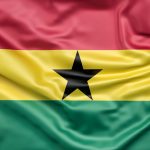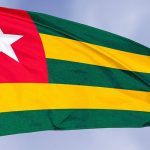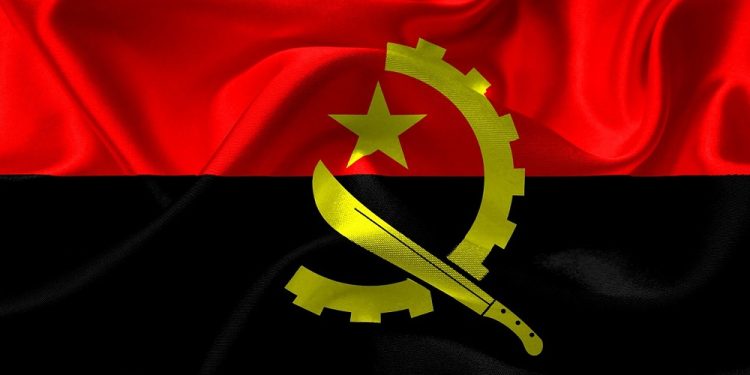
Southern Africa Liberation Day in Angola
Southern Africa Liberation Day is a holiday that’s observed in Angola and other member states of the Southern African Development Community (SADC). The other countries in this community include Botswana, Comoros, Democratic Republic of Congo, Eswatini, Lesotho, Madagascar, Malawi, Mauritius, Mozambique, Namibia, Seychelles, South Africa, Tanzania, Zambia, and Zimbabwe.
This holiday is observed every March 23rd and commemorates the victory of Angolan forces over their enemies during the Battle of Cuito Cuanavale. This battle was the largest of the Angolan conflict and one of the biggest conventional battles on the continent since World War II.
The History of Southern Africa Liberation Day
Fought between August 14, 1987, and March 23, 1988, the Battle of Cuito Cuanavale was fought south and east of the town of Cuito Cuanavale, Angola. It was fought between the People’s Armed Forces for the Liberation of Angola and soldiers of the National Union for the Total Independence of Angola during the Angolan Civil War and the South African Border War.
Facts About Angola
Below are some cool facts about Angola that we think everyone should know, especially if this is the first time they’re learning about Southern Africa Liberation Day. Although the battle was tactically inconclusive, forces on both sides of the conflict were able to declare victory. Member states of the Southern African Development Community believe that this was the first step towards independence.
- Angola has been inhabited since before 500 BCE.
- The first European to visit Angola was the Portuguese explorer Diogo Cão in 1483.
- After Nigeria, Angola is Africa’s second-largest producer of crude oil.
Observing Southern Africa Liberation Day in Angola
This holiday is observed with public speeches by politicians, special commemorative events, and parades. Since this is a public holiday, government offices, schools, and many businesses are closed on this day.
This is also a day for people to gather with their friends and family members to enjoy communal meals. Meals that can include anything from Galinha à Zambeziana and Lagosta to Ginguba torrada.
